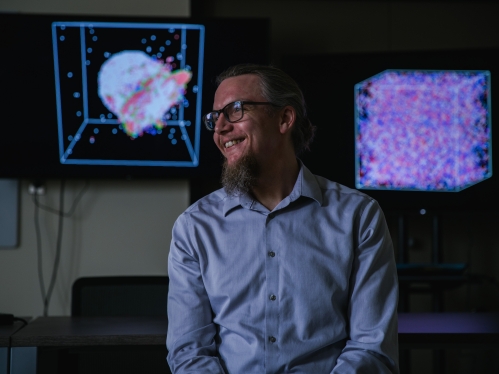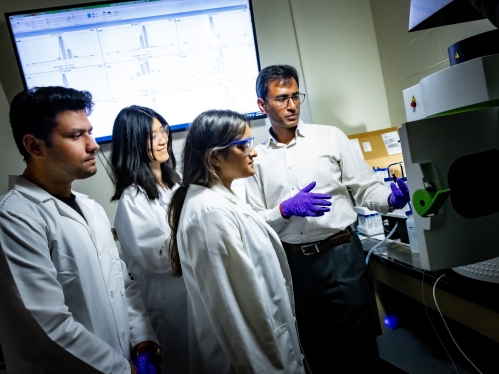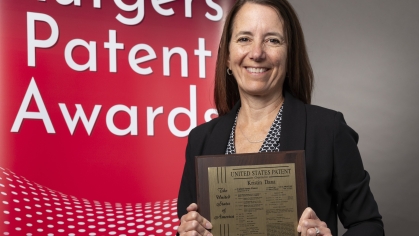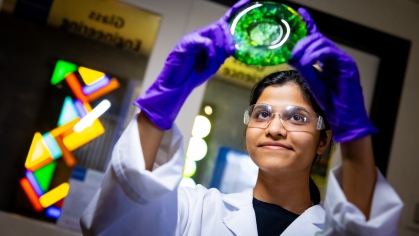
Graduate Admissions and Application Criteria
Overview
The graduate program in materials science and engineering at Rutgers offers master of science and doctoral degrees in all areas and classes of materials. The program has particular strengths in the areas of materials characterization and materials synthesis with the materials being applied to many important technological areas. These include nanotechnology, energy storage, biomedical diagnostics and therapeutics, plasmonics, glass and structural ceramics, polymer recycling and sustainable materials.
Materials research is interdisciplinary by its nature and this is reflected in our graduate faculty that span many departments and schools at Rutgers. We have well equipped laboratories with specialized instruments for materials characterization and synthesis. These laboratories are spread across several buildings, some of which were constructed specifically to house the department and its instrumentation.
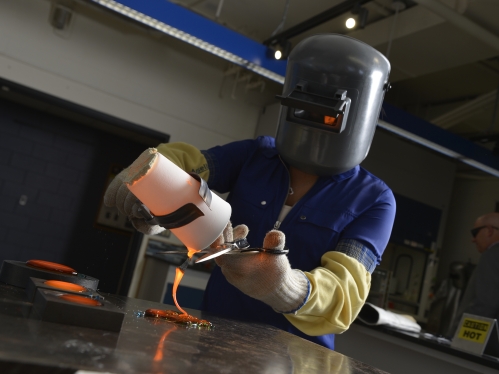
Graduate Degrees
We offer graduate degrees that reflect individual student goals from career advancement to research intensive.
There are two different approaches to earning an MS in Materials Science and Engineering: a taught master's and a research master's.
For research degrees we are looking for students who have a passion for original, independent research.
For the taught master’s degree we are looking for students looking to advance their knowledge and understanding of materials science and engineering. The students may be local, U.S. based, or international. Options for part-time study for students in industry or at government labs is also possible.
The taught track includes the completion of a written research paper, the research track includes a thesis paper and defense.
The Materials Science and Engineering department offers a PhD. The degree is usually done on a full time basis and requires four to five years, part-time study is also possible, but this can take significantly longer and is highly dependent on the individual students circumstances.
Like the M.S., the core curriculum for the PhD covers the key topics in materials: thermodynamics; kinetics; solid state theory; mechanical properties. In addition to these classes, there are many elective courses in characterization of materials and advanced technological applications of materials.
Accelerated Bachelor of Science/Master of Science Degree (BS/MS)
The combined BS/MS program enables top Rutgers undergraduate engineering students to be accepted into our graduate programs in an expedited way. In addition, it gives those students the possibility to receive a master's degree in a shortened time frame.
Faculty
The faculty is highly regarded in many materials areas, such as biomaterials, photovoltaics, glass, polymers, structural ceramics, composites, nanomaterials, piezoelectric and ferroelectric ceramics, advanced thin-film engineered materials, research, fiber optics, microelectronic and packaging materials, electroceramics and battery materials, ceramic and metallic surfaces, and theory and computational modeling. The department also has a unique facility for fiber optics research and one of the most advanced materials characterization facilities in the nation.
